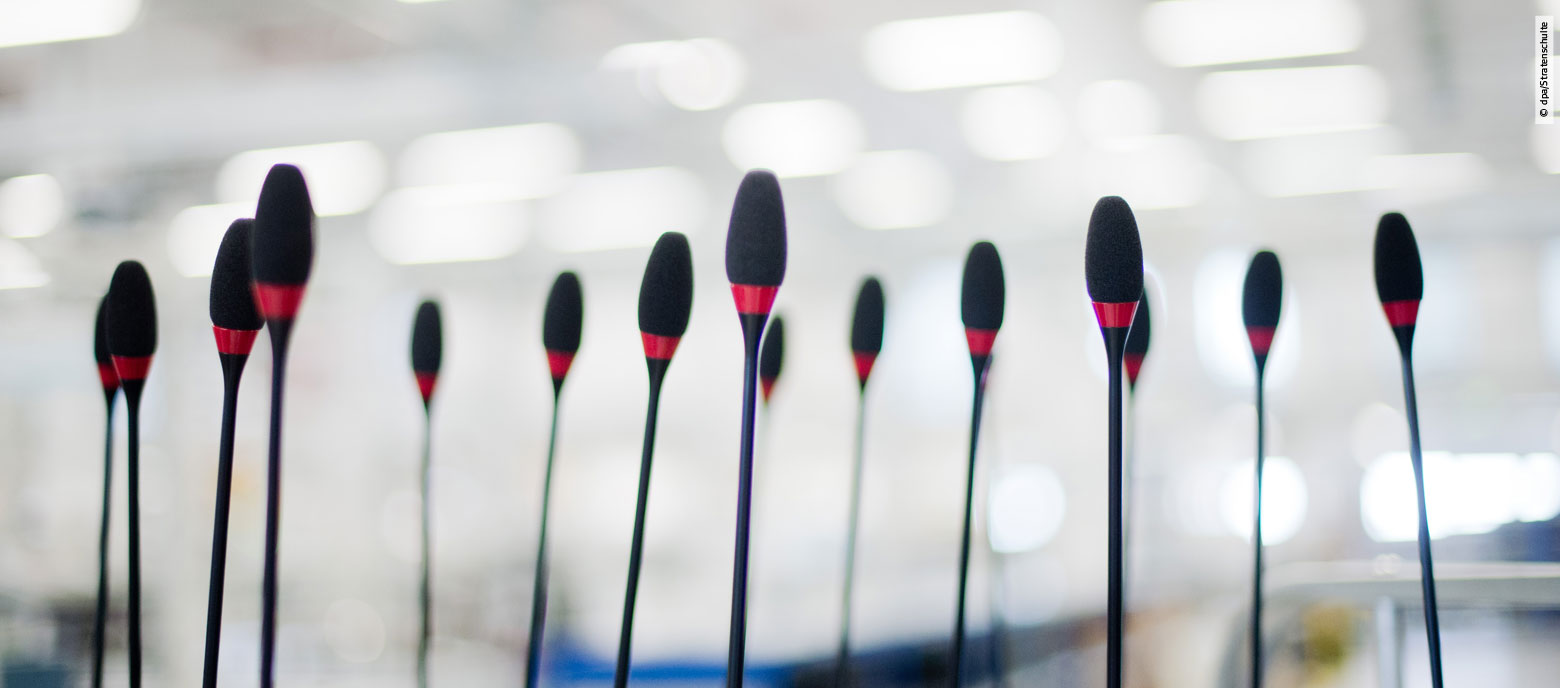Our aim is continuous improvement

At the end of every project we ask the questions: what have we achieved? And what can we do better in future? Evaluations – independent assessments written by expert auditors – serve as an important compass.
Let’s take as a case in point Jordan, one of the driest countries on earth. Only four per cent of its land area is suitable for agriculture, and just one per cent is forested. Contaminated soil, for example as a result of uncontrolled rubbish dumps, cannot regenerate without intervention. The country’s population of 6.5 million has absorbed 1.5 million Syrian refugees. That brings additional challenges, not least in terms of waste disposal. GIZ is promoting environmental awareness on behalf of the German Federal Ministry for Economic Cooperation and Development. Members of the Jordanian royal family have played a part in raising awareness among the population and there has been a recycling campaign.
Despite all this, our evaluation report showed that the results were limited. Activities had a very local focus and came to an end when the project finished. So it was important to turn the campaign into something more permanent. A recycling point was set up in the provincial capital Karak, which now serves as a model for other municipalities. A company producing egg cartons buys the compressed recycled paper. Waste bins and noticeboards have been put up in recreation areas popular with families for picnics, and rangers now ensure that the rules are enforced. The national campaign employs both Jordanians and refugees, paying them a small wage to collect and sort waste. Slogans on the jackets they wear also promote a cleaner environment. Through these measures the campaign now reaches two million people.
Transparency for commissioning parties and general public
This case shows the importance of evaluations to us, whether in new areas of activity or for our classic projects. Firstly, they provide a basis for decision-making – on a project’s priority areas, for example. Secondly, they create transparency both for commissioning parties and the general public. And thirdly, they promote learning within our organisation: the results can subsequently benefit other projects.
Evaluations are conducted by external auditors, appointed by us through a public tender procedure. These auditors may be individuals or employed by consultancy firms. They should have experience of the approaches used and must not have provided advice at the project planning stage. The auditors first set out the questions the evaluation should address in a preliminary report. Have we reached our target group? Are the positive impacts sustainable? Are project objectives in line with the policies of the partner country? The report also defines the methods to be used, such as interviews or workshops with staff, partners and the people who are benefiting from the project. The auditors then compile data for the final report during a two-week visit to the country.
Access to the results online in future
Not all projects are evaluated externally; the cost for that would be too high. We take a random sample, which enables us to cover between 30 and 50 per cent of projects. All non-evaluated projects are reviewed internally or subject to progress monitoring. Compared with similar organisations, this places us at the top of the scale. In future, anyone will be able to access the results online.
In addition, we carry out corporate-strategy evaluations. A short time ago we looked closely at the way we manage security risk. Half of the countries where GIZ is active suffer from natural disasters, terrorist attacks or violent crime. That evaluation played a part in creating a unit that has enabled GIZ to pool its knowledge on crisis management and security precautions. And so evaluation, too, brings results.
published in akzente 2/17
